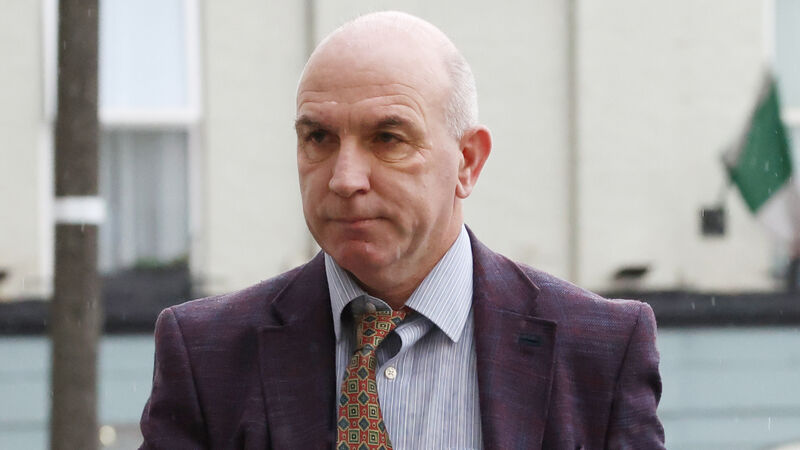Financial alert in summer 2022 led to DJ Carey fraud investigation

DJ Carey. Picture: IrishPhotoDesk.ie
Tue, 04 Nov, 2025 - 07:31
Eimear Dodd
An alert from a financial institution in the summer of 2022 was what sparked the investigation into DJ Carey which on Monday culminated in him being jailed for five and a half years.
Detective Sergeant Mike Bourke told Dublin District Court this financial institution became suspicious when a customer wanted to transfer a large sum of money to Carey.
Already a subscriber? Sign in
You have reached your article limit.
Subscribe to access all of the Irish Examiner.
Annual €130 €80
Best value
Monthly €12€6 / month
Introductory offers for new customers. Annual billed once for first year. Renews at €130. Monthly initial discount (first 3 months) billed monthly, then €12 a month. Ts&Cs apply.
CONNECT WITH US TODAY
Be the first to know the latest news and updates











